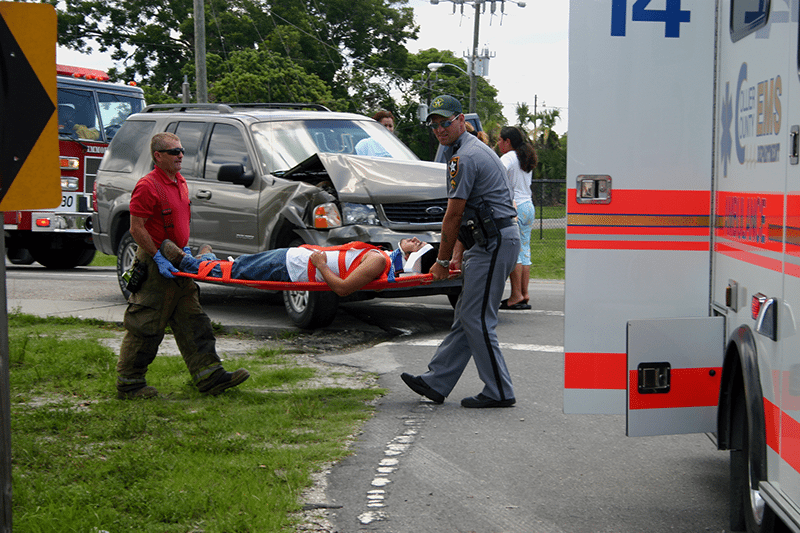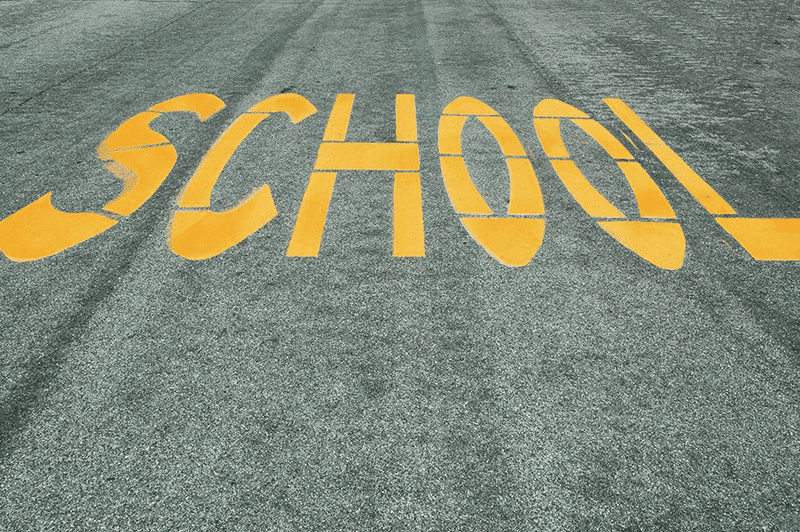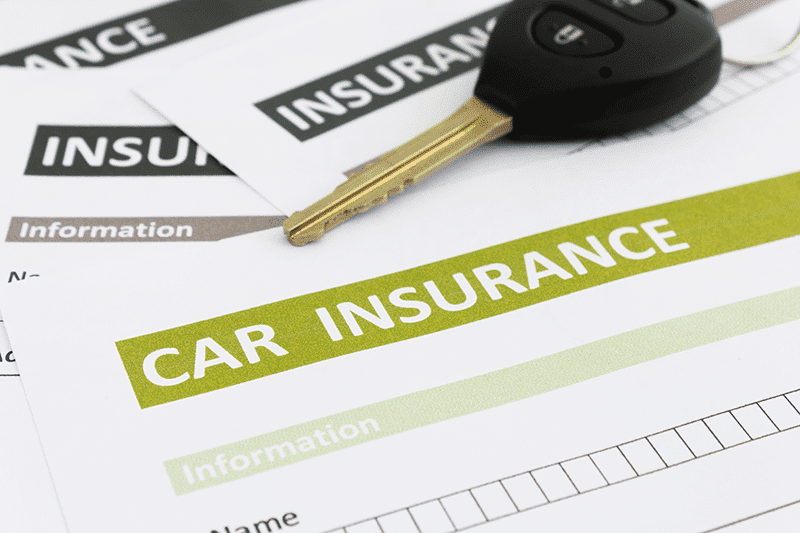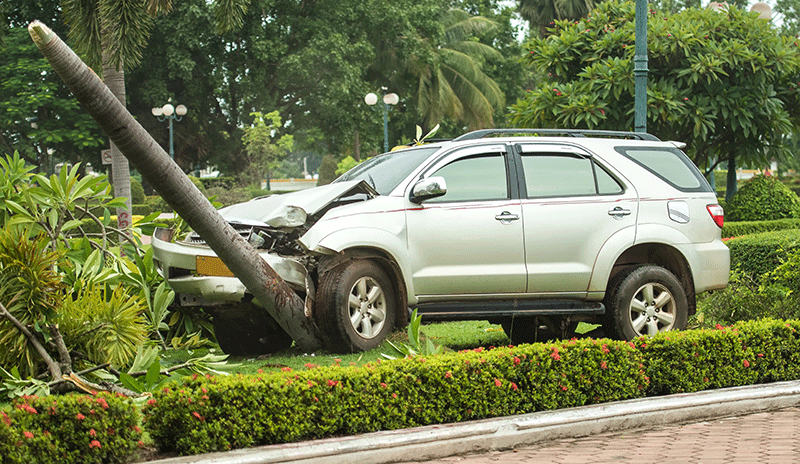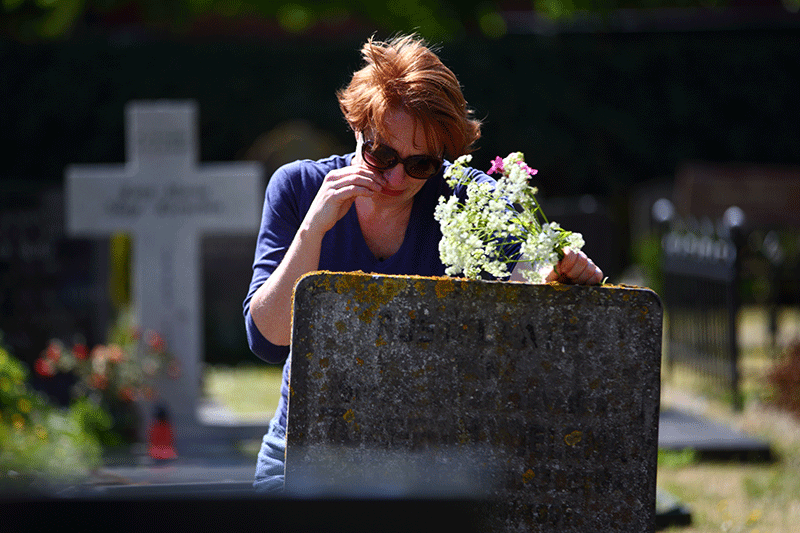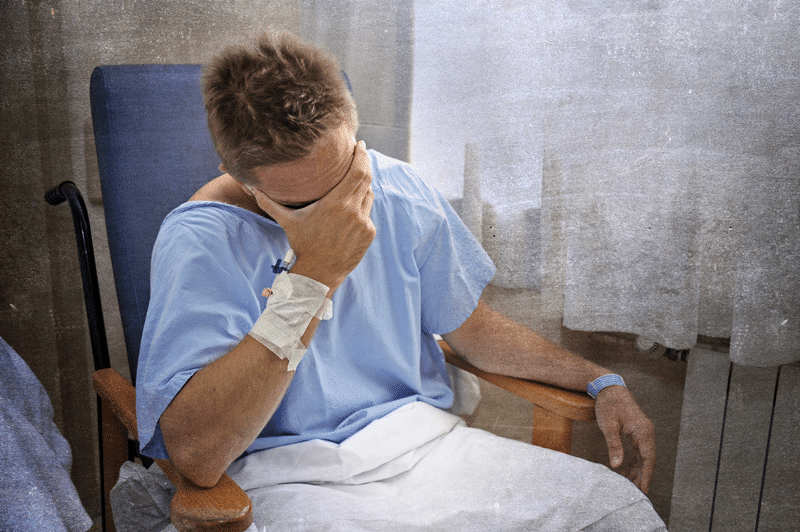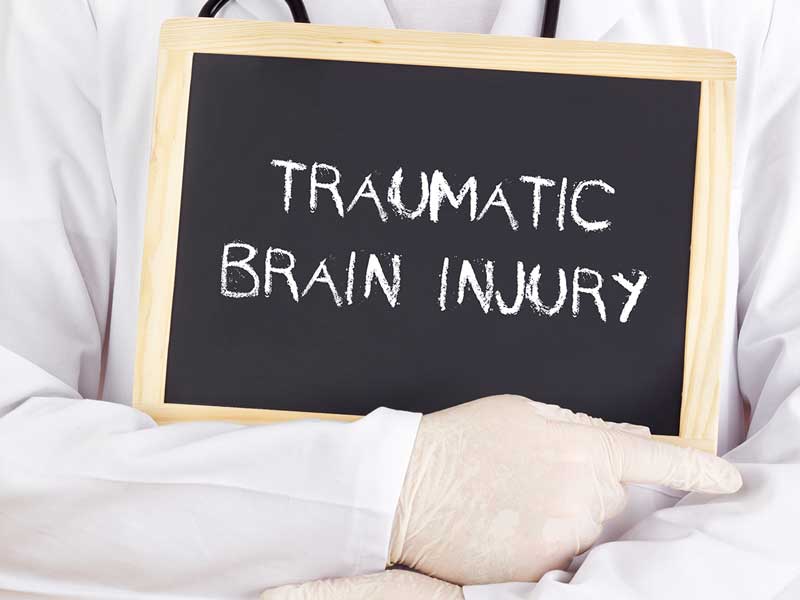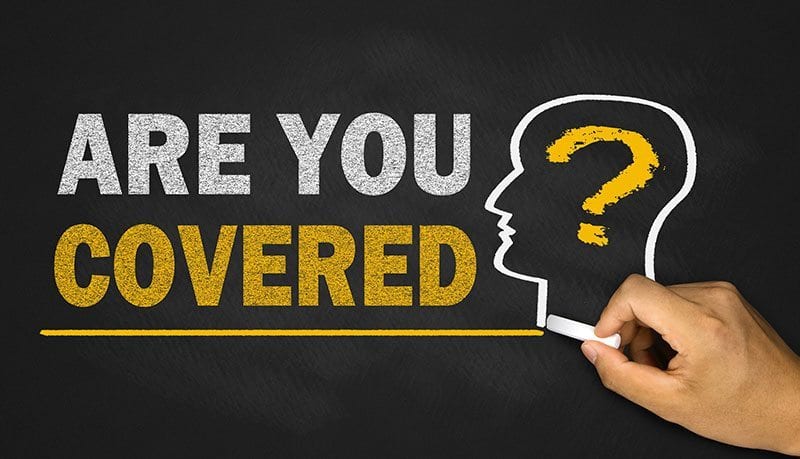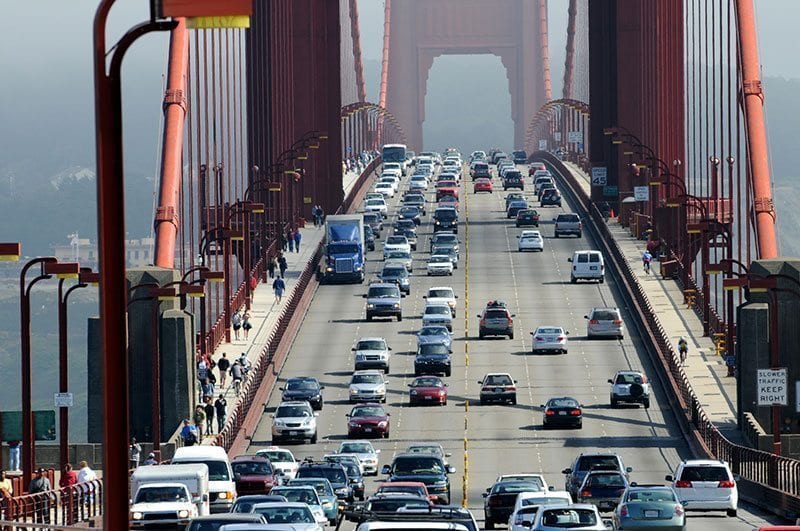KILLED IN CAR CRASH WHILE ON ROAD TRIP
On August 30th, 2017, a Georgia couple was tragically killed in a car crash while on a trip in Arizona. The couple was Karen and Charles Foxworth of Conyers, Georgia. According to a spokesperson from the local Mohave County Sheriff’s Office, the couple was traveling in the eastbound lane when the driver, Karen Foxworth, lost control going around a curve and entered the westbound lane, colliding head-on with a semi-tractor.
Sadly, Mr. and Mrs. Foxworth both died at the scene of the accident. The couple’s two adult children were also in the car at the time. They survived thanks to assistance from off-duty medical personnel and were taken to a Las Vegas hospital for treatment. The cause of the accident is currently under investigation.
SAFE DRIVING TIPS
Driving can be a dangerous activity, even when drivers do everything right. But tragedies like this recent car crash are often preventable. Here are some things to always keep in mind when you get behind the wheel:
• Practice patience. Traffic and poor drivers can be frustrating, but it is important to be patient when you are driving. Defensive driving is one of the most important thing drivers can do to avoid auto accidents.
• Don’t speed. Most of us go a couple miles-per-hour over the speed limit from time to time, but speeding is a terrible habit. Not only does speeding raise the chances of an accident occurring, but if you are speeding it can create a presumption that you were at fault if an accident does occur.
• Avoid driving when fatigued. Everyone knows that driving while intoxicated poses a huge risk, but many fail to also understand that driving while fatigued can be dangerous as well. The National Highway Traffic Safety Administration estimates that tens of thousands of accidents are caused by drowsy driving each year.
• Always pay attention. Because driving is part of our daily lives, it can be easy to forget that it is a life-and-death activity. Always stay focused. When people use their cell phones to text, check email, or go online while driving, they put themselves and everyone else on the road at risk. Moreover, texting or reading messages from the Internet on a phone while driving is against the law in Georgia.
• Watch blind spots. Always check and double-check your blind spots before changing lanes.
• Wear a seat belt. According to the CDC, Seat belts reduce serious crash-related injuries and deaths by about half. Seat belt use is also required by law for adults in the front seat in Georgia.
For More Information, Contact Williams Elleby Howard & Easter
The Kennesaw, GA Car Accident Attorneys at Williams Elleby Howard & Easter, are dedicated to helping accident victims get the compensation they deserve. If you or a loved one has been in an accident, the experienced personal injury attorneys at Williams Elleby Howard & Easter, can investigate the facts of your case, help you understand your legal rights and options, negotiate with any opposing party, and work to maximize your recovery. To discuss your case, call today to schedule a free consultation at 404-389-1035.
